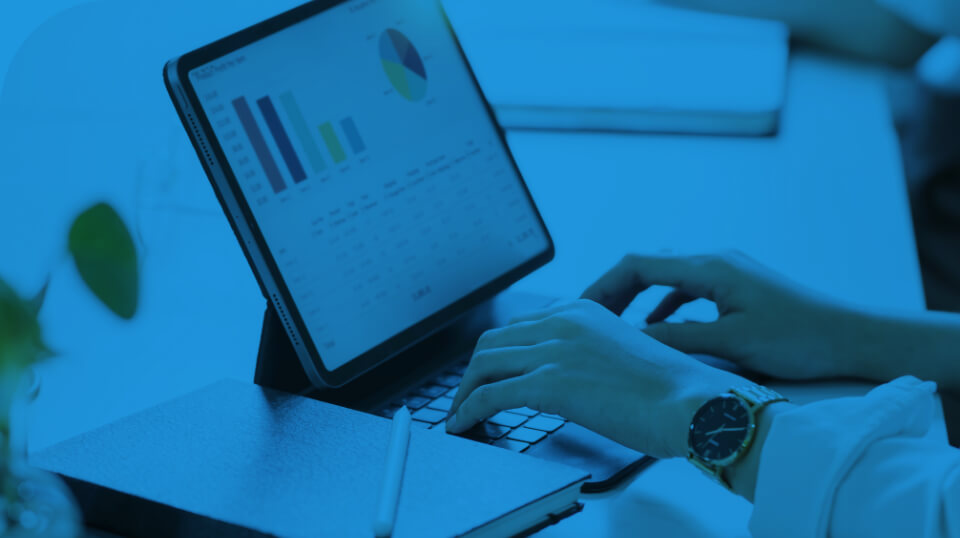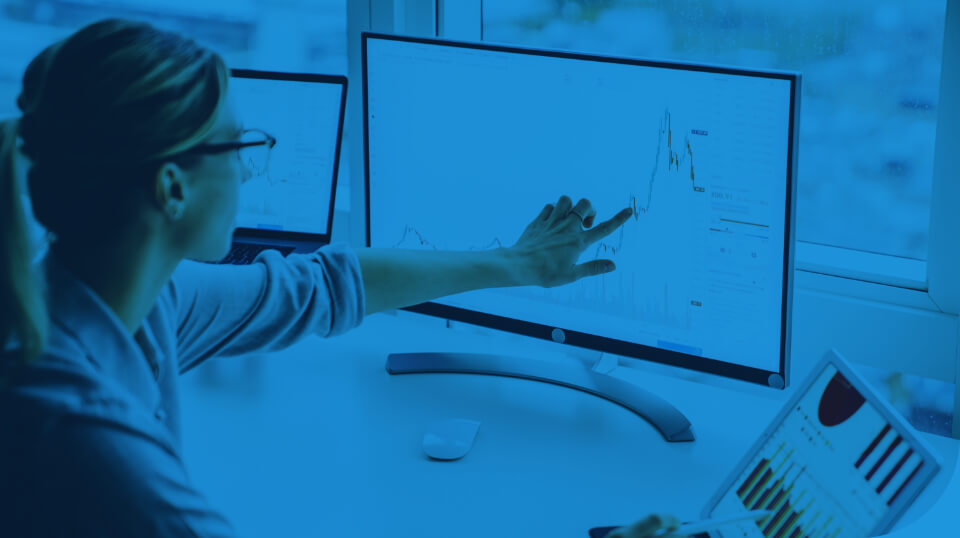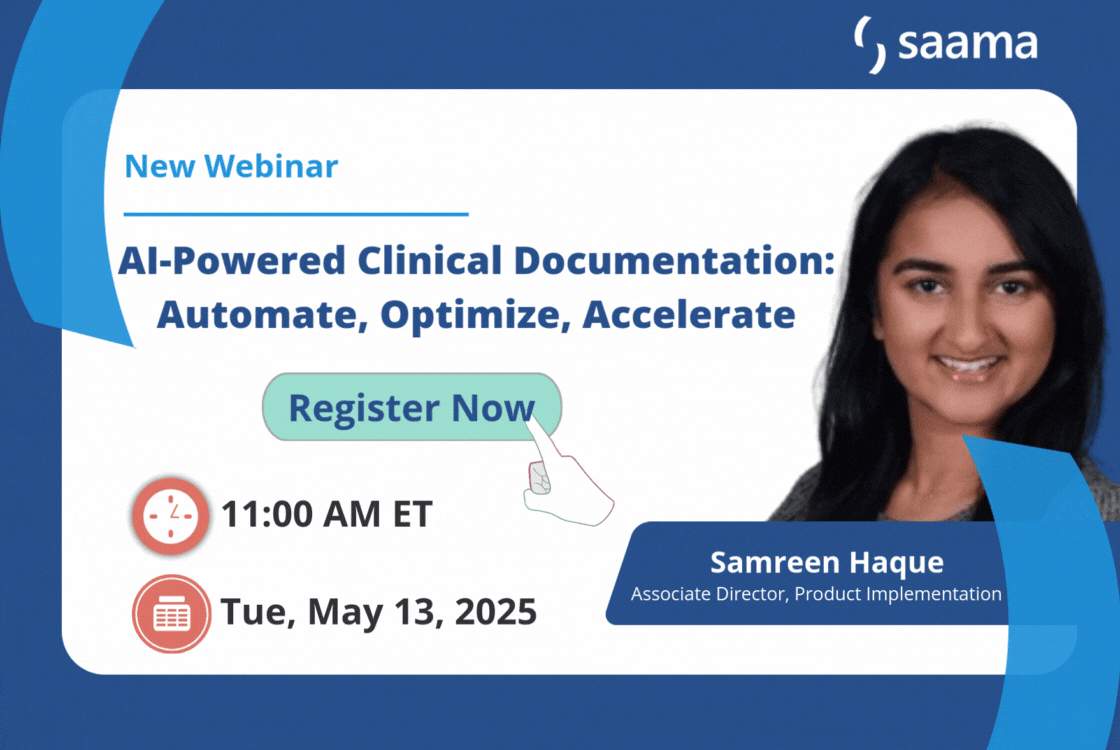Accelerate Your Regulatory Submissions - Today
Transform your raw clinical data into CDISC SDTM standards.


A better option for SDTM transformations
Transform your raw clinical data to CDISC SDTM standard – fast and accurately – with the power of artificial intelligence (AI) and machine learning (ML). Eliminate manual, slow, and inefficient SDTM transformation processes while improving data quality and accelerating your time to market with Source to Submission (S2S).
Benefits
Accelerate time
to submission
Automated data mapping eliminates slow, manual processes, saving time, especially with large or complex datasets.
Better utilization of
existing resources
Automating the SDTM transformation process allows clinical programmers and others involved in SDTM mappings to focus on higher-value activities.
No need to maintain
CDISC SDTM standards
CDISC standards are maintained and continually updated within S2S. This eliminates costly and resource-intensive processes, required to maintain CDISC standards.
How S2S Works
Accurate Mapping, AI Assistance, and Improved Efficiency
Accurate AI-driven mappings, out of the box
S2S applies advanced AI models to source data, making suggestions and assigning confidence scores to each mapping. Users can then approve or reject each mapping, keeping the human in the loop and ensuring accuracy. Mapping accuracy can increase when S2S is pre-trained on your organization’s own data.


Up to 50% time savings for SDTM transformation
Features
Optimize and accelerate SDTM transformations.
S2S uses artificial intelligence (AI) and machine learning (ML) models to automatically map data fields from various sources into a common model.
S2S’s AI models can be trained on your previous study data, increasing the accuracy of SDTM mappings.
S2S’s AI models continuously improve, becoming more accurate with each new deployment as they learn from previous mappings and user inputs.
When you use the auto mapping feature, new maps are created automatically. These AI-driven maps are saved in the global library and can be copied and applied to future studies.
A library of target metadata maintains conformance of submission data towards CDISC SDTM and sponsor standards and controlled terminology.
A library of reusable macros organized by therapeutic area, indication, program/project and study helps users create maps quicker.
Data ingestion – from Saama’s Data Hub – and transformation jobs can be scheduled to run immediately or later.
Users can save a snapshot of their in-process work, and come back to it later. They can also save snapshots of their data to support interim analyses.
Supports Python transformation languages and allows users to write their own Python code directly within the global library.
Enables export of SAS transport files for submission and integration with Pinnacle 21, to ensure submission compliance.


